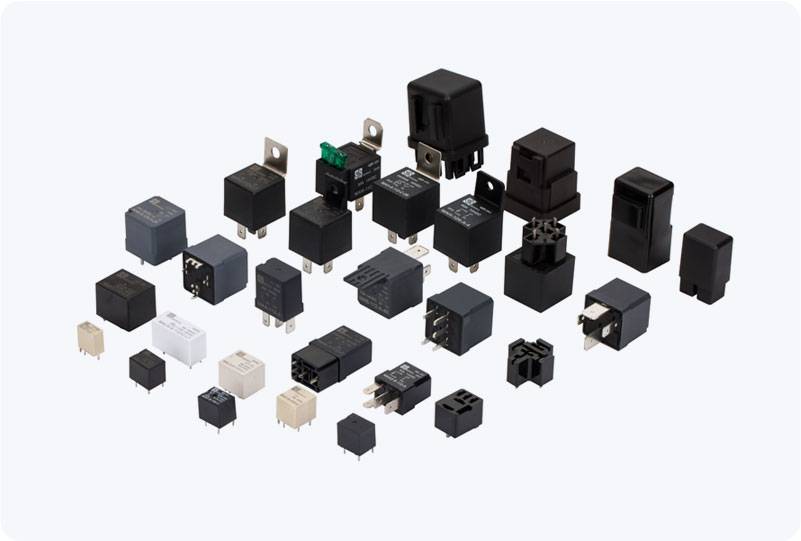In modern industrial automation systems, the role of relays cannot be overstated. These devices act as crucial components that help control high-power systems while using low-power signals. One of the most commonly used relays in industrial applications is the 24V DC Industrial Relay. This particular relay plays an essential role in controlling large electrical loads, providing isolation between low-voltage control circuits and high-voltage operational circuits. This article explores the working principle, applications, and advantages of 24V DC industrial relays in various industries.

What is a 24V DC Industrial Relay? A 24V DC Industrial Relay is a type of electromagnetic switch designed to control the flow of electrical current. It operates on a 24-volt direct current (DC) input, which activates an internal coil within the relay. When current passes through the coil, it generates a magnetic field, which then pulls or pushes a set of contacts to either close or open a circuit. These relays are primarily used in industrial environments where they are required to control high-power electrical systems, such as motors, lights, valves, and more, while being triggered by low-power control signals.